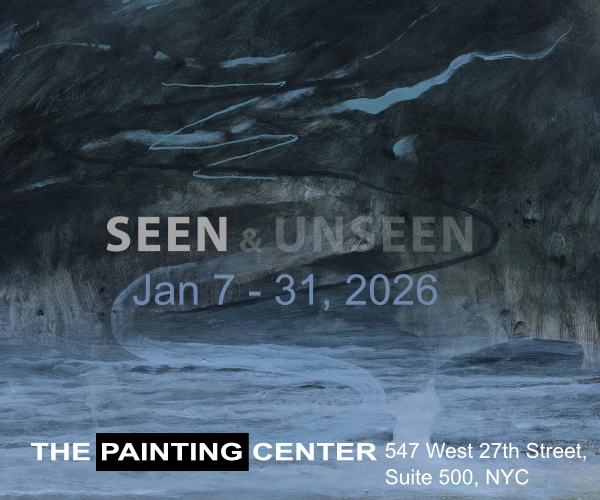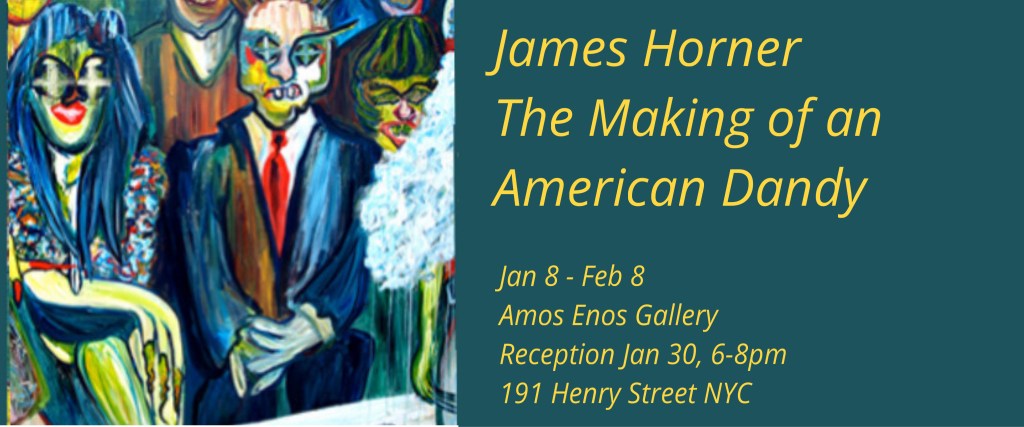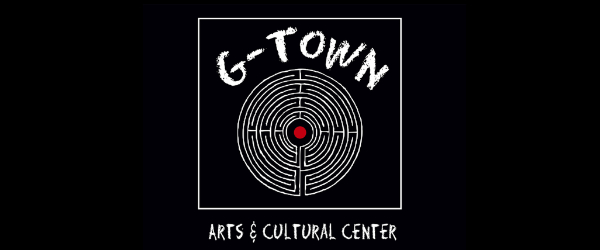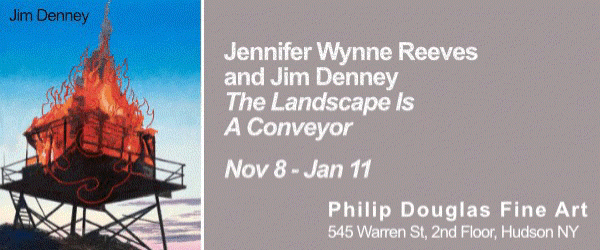
Contributed by Jonathan Stevenson / Martin Scorsese directed what was probably the best American movie of the year — The Irishman— and it garnered not a single Academy Award despite ten nominations. The film’s Netflix backing and correspondingly enervated theater release annoyed key players in the Academy and appeared to doom its prospects. Despite those exogenous causes for its Oscar failure, he must still feel as though it’s 1991 all over again. That year, his GoodFellas was easily the pick of the litter — it would become arguably the most influential movie of the next quarter-century, both substantively and stylistically — and got shut out except for Best Supporting Actor, which went to the irrepressible Joe Pesci. Quentin Tarantino and the Safdie Brothers now know Scorsese’s pain, having helmed the two other peremptorily superior American films this year — Once Upon a Time…in Hollywood and Uncut Gems, respectively — and been similarly dissed. In fact, the latter didn’t even get a nomination. The former, like GoodFellas in 1991, managed only Best Supporting Actor — often a consolation prize — for a nonetheless deserving Brad Pitt. Ironically, the only male supporting performance that may have been better was Pesci’s in The Irishman.
The spoiler in 1991 was Kevin Costner’s Dances With Wolves, a well-meaning but cloying take on Manifest Destiny. This year, many thought that Sam Mendes’ 1917 would assume its role. The First World War film too is an earnest, po-faced picture of noble theme and technical accomplishment, and was thus well-positioned to dislodge movies populated by ambivalent or downright unlikable characters who lack historical gravity. It’s way better than Dances With Wolves, but it also is not much more than a conventional anti-war war movie, pressing every battlefield-trope button — brotherhood rather than patriotism is the currency of combat, mercy to your enemy comes back to bite you, glory is fleeting while pain and horror last — just as (say) Saving Private Ryan did. Though the frontal assault at the end does drive home some of the Great War’s comprehensive idiocy, the movie otherwise does surprising little to vivify the kinetic slog of trench warfare and its singular tactical futility and moral indefensibility. 1917 also lacks intellectual depth; we are not talking Grand Illusion, Paths of Glory, or Colonel Redl here. Merely bracketing the action with portentous dialogue from Colin Firth and Benedict Cumberbatch is a little too easy. The film’s immersive one-long-take simulation, a crafty hand-held camera, and state-of-the-art special effects are impressive, but that by itself warrants only technical awards.
The three fine American films were considerably more distinctive, not least because they all reflected culminations of cohesive bodies of work. The Irishman builds on Scorsese’s three earlier mob movies. But whereas they tilted, albeit tenuously, towards a kind of ugly nostalgia, the new movie firmly disavows it, demonstrating that a lifetime of killing, even if framed and gilded by an exclusive fraternity that follows certain rules, fails to extinguish the need for redemption while making it impossible to achieve. It’s a confessional moment for a great filmmaker. So, in its way, is Once Upon a Time…in Hollywood. In terms of narrative ethos, Tarantino has been a throwback to the mid-sixties, when Clint Eastwood’s Man With No Name was merely a cold-eyed gloss on the unabashed John Wayne heroism in the Golden Age: even Clint’s character was still “The Good.” Tarantino may still lament the anti-heroic arrival of the sensitive New Hollywood male protagonist, as the title and content of the movie suggest. But his brutally wistful counter-history, in its very falsity, acknowledges that the old model couldn’t stave off the future, in Hollywood or in real life. While harking back to the old days, he sees their failings — perhaps including his own — and concedes that they are well and truly past. And his frame of reference, as always, is the movies, which might at last have gratified the Academy.
Following on from The Pleasure of Being Robbed, Daddy Longlegs, and Good Time, Uncut Gems, which concerns a few frenetic days in the benighted life of a 47th Street jewelry merchant and degenerate gambler, crowns the Safdie Brothers’ fascination with the perils of the transactional life — that is, life without strategy, lived sequentially and in the moment. This preoccupation now has national political resonance. The Safdies are still in their thirties, of course, and their day will probably come. In the meantime, the Academy seems bound to treat them as it did Scorsese for twenty years and to some extent the Coen Brothers until Fargo, and still treat Tarantino: like bad boys too comfortable going their own way and lingering where the sidewalk ends. But it’s odd that Big Hollywood, even in the age of Trump, still seems to shield itself from the unvarnished reality that the gutter is precisely where America finds itself. Witness last year’s coronation of the exasperatingly anodyne Green Book.
In the event, of course, all three of the nominated films mentioned above whiffed almost as egregiously as Uncut Gems did. 1917 did secure its technical awards — for cinematography, visual effects, and sound mixing — but nothing more. After getting Best International Feature Film indisputably right in picking Parasite, South Korean writer-director Bong Joon-ho’s tonally fluid tour de force of class antagonism, the Motion Picture Academy jumped on its own bandwagon and awarded the same movie Best Picture and Bong himself Best Director and Best Original Screenplay. The Best Picture award for a foreign movie was impressively unprecedented and flat-out audacious, particularly since the film was indeed good enough to merit it. For the movie to run the table in taking the other two auteur awards, however, borders on suspect.
Perhaps the Academy’s jarring bow to Asia was its subconscious way of deflecting attention from its marginalization of women and American artists of color this year — which anointing The Irishman or Once Upon a Time… in Hollywood would only have amplified — or from its obtuse nod to Joaquin Phoenix for a pandering performance in a witlessly retrograde movie. It feels as though the voters either copped out or jumped the shark. When the Oscars are disappointing or disconcerting, the best way to weather them is to get right back to the movie theater. Yet their hovering omnipresence tends to discourage studios from releasing their most promising films early in the year, intensifying the frustration. Fortunately, however, 2020 has already yielded four exceptional films to ameliorate this problem.
Beanpole, out of Russia, is set among mainly hospital workers in Leningrad right after the Second World War, and deals slowly, silently, rivetingly, and heartbreakingly with war’s corrosion of its survivors’ capacity for ordinary life. The Assistant involves a torn young woman (played by the excellent Julia Garner) who works for a Weinstein-esque sexual predator and unfolds over the course of one tortured day — presumptively like all others, a la O’Neill’s Long Day’s Journey Into Night. It too is a quiet film, all mood, atmosphere, insinuation, and nuance, imparting the creepy feeling of bystanders’ subordination not merely to sexual predators but to the co-opted climbers who enable them. Yaron Zilberman’s Incitement, notably timely in coinciding with the rollout of Trump’s derisory Middle East “peace plan,” unflinchingly traces the complex and insidious influences behind Israeli law student Yigal Amir, who in 1995 assassinated Yitzhak Rabin on account of his willingness to compromise with the Palestinians. Marco Bellocchio’s The Traitor, in the paradoxically jocular and grisly mindset that marks popular conceptions of mafiosi, plumbs the lonely, terminally liminal life of the capo who ratted out the Sicilian mob. If you’re crying Gimme Shelter in the wake of the 2020 Oscars, take refuge in these outstanding films.
Related posts:
Art and Film: 2019 Top Ten
Art and Film: Joker is the wrong movie
Art and Film: Tarantino’s glourious layer cake























